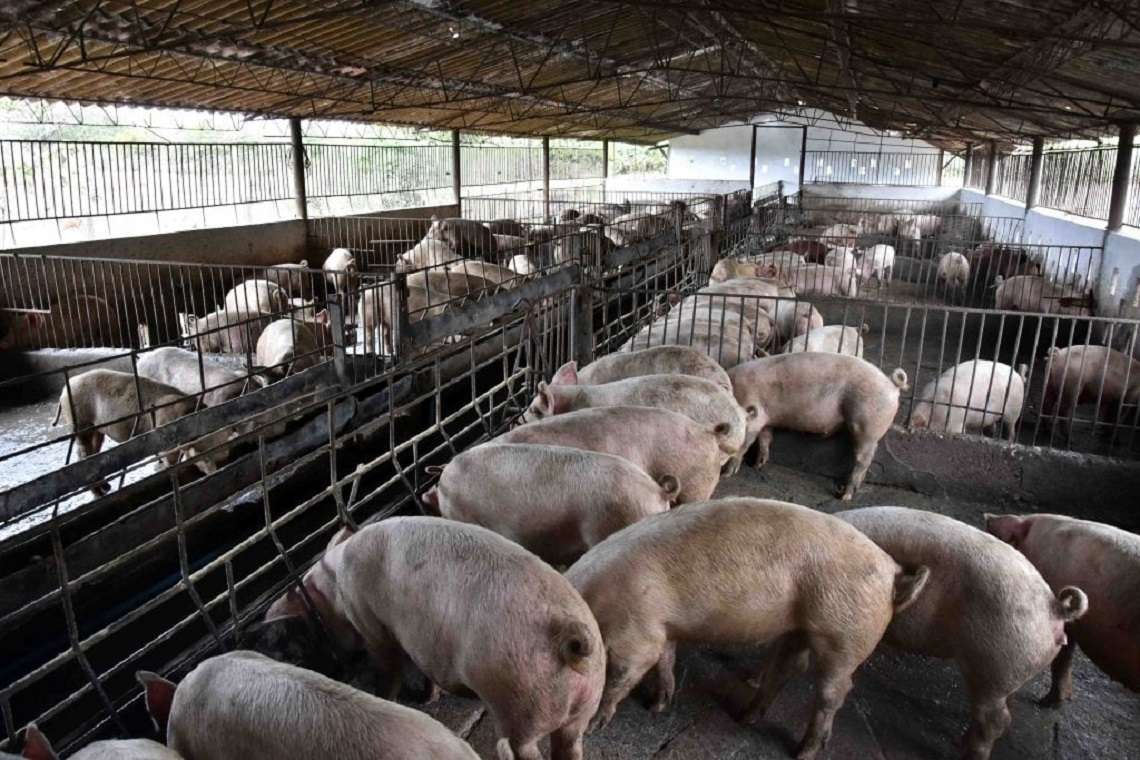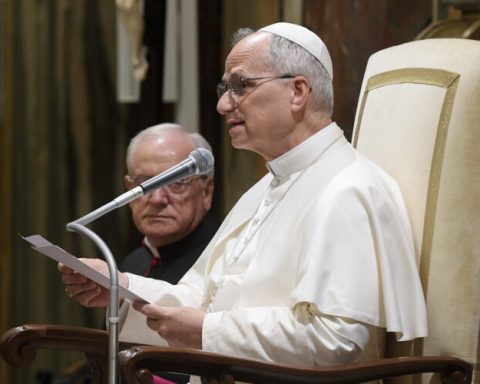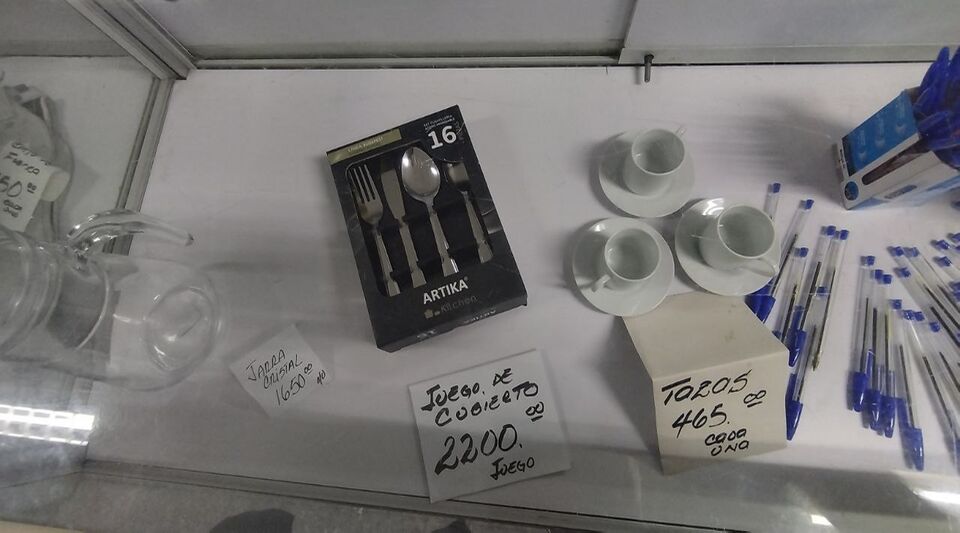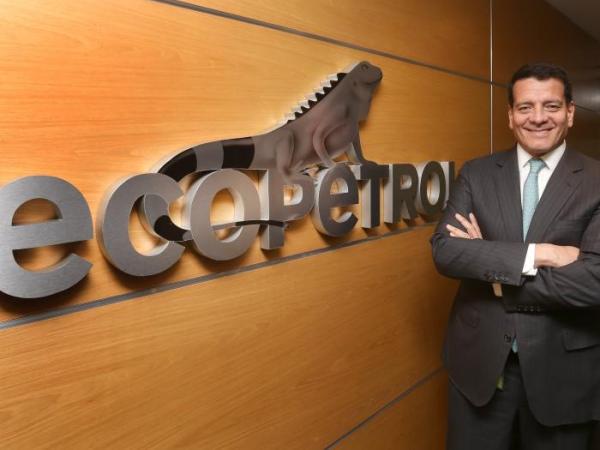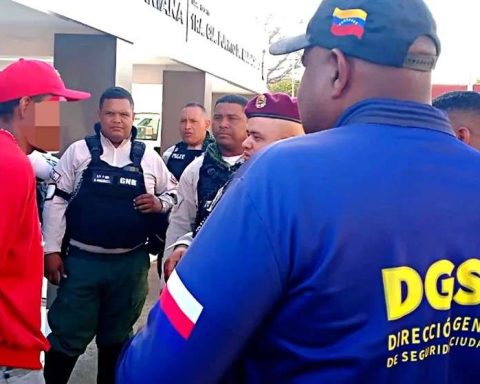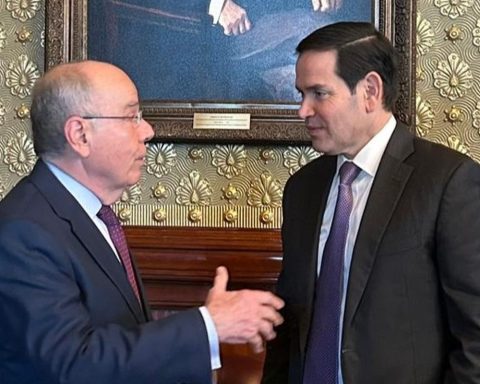foreign investment in the Cuban agriculture showed results far removed from economic needs at the end of 2022, with only five projects made up of a group of 30 that are going through one of the approval or negotiation phases.
according to a note published this Wednesday in the official gazette Granmathe authorities of the sector have approved and conferred the category of prioritized only nine of these projects.
Agriculture has more than 30 projects with foreign investment. It is necessary to work with greater dynamism in the materialization of several projects of great importance for the economy of the country.@MEP_CUBA https://t.co/Z18MNfy3al Via @Granma_Digital
– Alejandro Gil Fernández (@AlejandroGilF) February 2, 2023
In addition, in a meeting to evaluate the progress of the investment strategy, Maury Hechevarría Bermúdez, Vice Minister of Agriculture, explained that, within the five projects with foreign capital constituted“they have not yet borne fruit” those that focus on the production and marketing of pork and poultry for population consumption.
Rodrigo Malmierca Díaz, Minister of Foreign Trade and Foreign Investment, indicated at the meeting that alternatives should be sought with associations of other entities, including those located in the Mariel Special Development Zone (ZEDM).
During the last Havana Fair, held in November, 42 bilateral actions were carried out including letters of intent, contracts, collaboration agreements, meetings and memorandums of understanding to promote foreign investment in agriculture.
However, no details were disclosed or if any of these agreements had advanced until their possible approval or operation.
Alejandro Fernández Gil, head of the Ministry of Economy and Planning (MEP), pointed out that delays in the approval of projects generate non-compliance with export plans that hinder, in part, the gradual recovery of the country’s economy, he refers Granma.
According to official figures, Cuba needs to import about 80% of the food it consumes, and only 48.7% of the arable land is planted.
The yields in food production in recent years have been far from the levels expected by the authorities, even in crops such as sugar and tobacco.
In Cuba, only 41% of the sugarcane planned for this year has been planted
The Government recently approved the Food Security Law and implemented a group of measures aimed at promoting agri-food development, but its results so far have been little short of discreet.
This situation influences the growing inflation suffered by the country, plunged into a deep economic crisis aggravated by the impact of the COVID-19 pandemic, the sanctions imposed by the United States Government and the scant effect of the measures adopted to overcome the complex situation.
